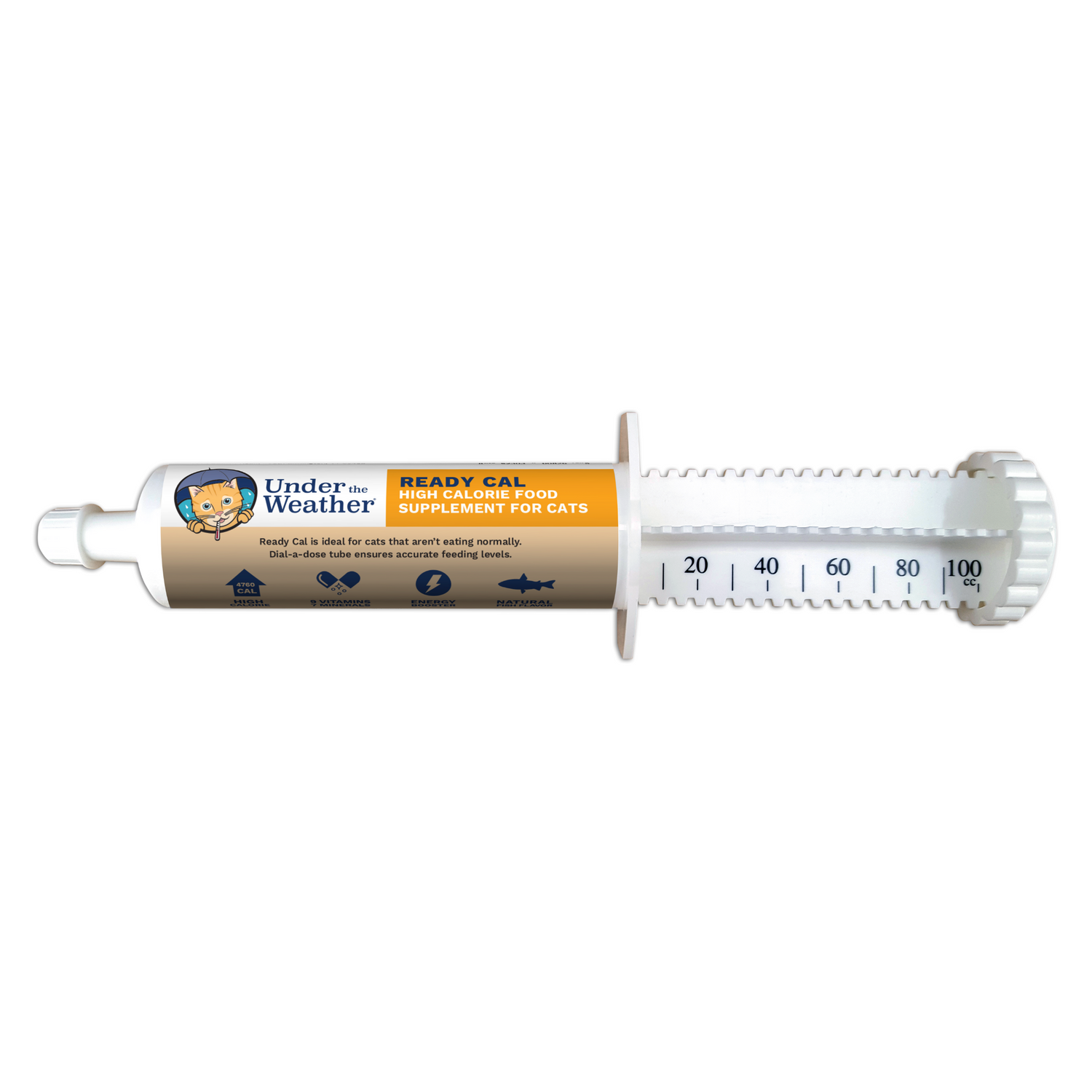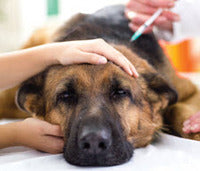The short answer is yes, but there is some choice as to which vaccines you give them. Understanding how they can help your pet may help you make these choices.

The ABC’s of Vaccines
Vaccines help prevent many illnesses that affect pets. They basically prepare the dog’s immune system to fight the invasion of organisms that cause a disease. By injecting antigens which look like the disease-causing organism, the dog’s immune system is stimulated to fight off the invader. Then, if the dog is exposed to the real disease, his system is ready to fight it off entirely or reduce the severity of the illness.
While vaccines are important to your dog’s health, not every dog needs to be vaccinated against every disease. Working with your veterinarian, you’ll come up with the right program for your dog. Factors to consider would include the dog’s age, medical history, living environment, travel habits and lifestyle.
Which Vaccines & How Often
There are the main vaccines that are considered to be essential for all dogs based on risk of exposure to the disease, the severity of the disease or the risk of transmitting it to humans. For dogs these vaccines include: canine parvovirus, distemper, canine hepatitis and rabies.
How often your dog receives these vaccinations will be determined by the type of vaccine it is, and your dog’s age, medical history, lifestyle and environment. Some of this is also determined by state law. For example, some areas require yearly rabies vaccination, while others call for it every three years.
Risks Associated with Vaccines
While vaccines play an important role in battling infectious diseases, each comes with its own risks and benefits. In most cases, the risks are smaller than the disease itself. For example, if your dog was to be infected with canine parvovirus, the death rate is reported to range from 16 to 48%. It’s also highly contagious to other dogs and humans.
There’s also a risk of some side effects from the vaccine itself. These may be minor and short lived, or require medical care from your veterinarian. Signs would include fever, sluggishness, loss of appetite, vomiting, diarrhea, pain or swelling at the injection site, collapse, difficulty breathing or seizures. Be sure to time your dog’s vaccinations so you can monitor him for any of these signs afterward. If your dog is experiencing any of these symptoms, be sure to contact your veterinarian right away.
In the case of intestinal upset such as vomiting or diarrhea, your vet may recommend a bland diet to soothe your dog’s digestive system until intestinal health is restored. In many cases, this will require a trip to the store and cooking your ingredients. For a convenient alternative, consider Under the Weather® Chicken & Rice bland diet.
This blog is brought to you by Under the Weather®, provider of products for sick pets. Our Chicken & Rice bland diet offers a quick and convenient solution when dogs experience digestive issues such as vomiting or diarrhea. Keep a few packages on hand of this bland diet recipe of 100% human-grade white meat chicken and white rice. Just add boiling water to rehydrate the product and it’s ready to go! No meat by-products, gluten free, no chemicals or dyes and made in the U.S.A.!
View Our Products
Visit Our Blog Library






